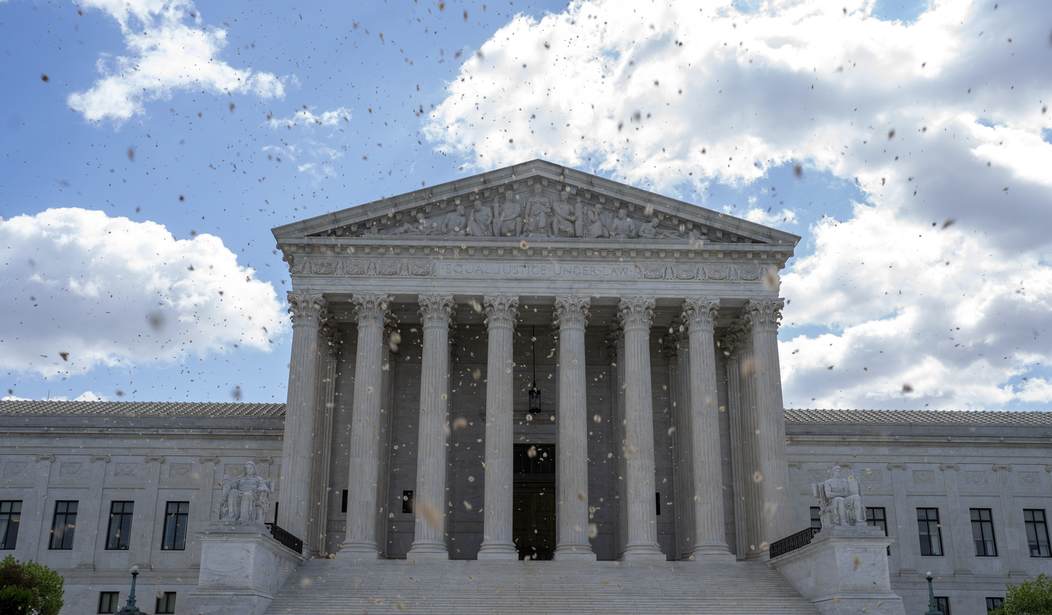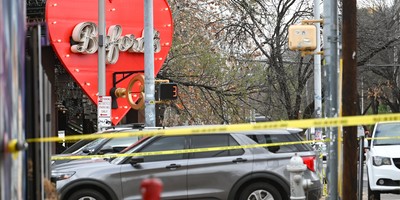The Supreme Court of the United States recently ruled in favor of Catholic Social Services against Philadelphia. In a unanimous decision, the agency was prohibited by the city from receiving foster care referrals because it refused to consider same-sex couples as foster parents. The agency’s long-standing policy was based on its religious beliefs in support of traditional marriage.
In the case of Fulton v. City of Philadelphia, SCOTUS held it was wrong for Philadelphia to end its foster care contract with the agency. Chief Justice John Roberts said the city's refusal to contract with the agency unless it agreed to certify same-sex couples as foster parents violates the First Amendment. In this decision, SCOTUS relied heavily on its landmark 2018 NIFLA v. Becerra ruling, which is cited three times.
The court found California’s efforts to mandate that pro-life pregnancy centers promote abortion through the posting of a sign in the waiting area of their clinics unconstitutional. This decision was hailed by members of the CATO Institute as “one of the most important First Amendment rulings in a generation.” Now, the NIFLA case continues to protect the religious freedom of faith-based agencies to operate in a manner consistent with their religious principles.
In NIFLA, the state of California attempted to mandate abortion referrals from pro-life agencies. Failure to comply would result in fines and assessments that would eventually close down these life-affirming nonprofits. NIFLA’s California network of more than 150 pregnancy centers and medical clinics successfully sued their state for a violation of the right to free speech.
Recommended
The First Amendment protects the right to freely speak without threat of government sanctions. However, it also prevents the government from forcing individuals to speak a message which violates their fundamental values. Pro-life pregnancy centers exist to provide alternatives to abortion. Their foundational beliefs ensure that they will not promote abortion in any way. This fact was ignored by California in its attempts to bully the pro-life agencies into submission and promote the state’s pro-abortion agenda.
Can the government mandate that Hindu temples promote hamburgers? Can the government demand that Alcoholics Anonymous provide information to its clients on the location of the local liquor store? Could the government mandate that the American Cancer Association promote the sale of cigarettes? Had SCOTUS ruled differently in NIFLA v. Becerra, then the answer to these questions would be an emphatic “yes.” All that would be needed to allow such outrageous scenarios to occur is for a particular interest group to obtain sufficient political power to pass such mandates.
That is what happened in California. It is also what happened in the city of Philadelphia. In this case, same-sex marriage advocates attempted to force their viewpoint upon Catholic Social Services regarding foster care.
In rejecting Philadelphia’s position, Justice Roberts, relying on the NIFLA decision, proclaimed: “Governments do not have unfettered power to reduce a group’s First Amendment rights by simply imposing a licensing requirement.” He went on to say it was “plain that the city's actions have burdened CSS's religious exercise by putting it to the choice of curtailing its mission or approving relationships inconsistent with its beliefs." As it did for pro-life pregnancy centers and all Americans in NIFLA, SCOTUS held that Philadelphia unconstitutionally trampled upon the rights of Catholic Social Services.
Our culture is now embattled in a dramatic and consequential war between two different world views. The “woke” left and its efforts to cancel culture seeks to impose its leftist ideology upon the majority of Americans that hold traditional values. “Wokeism” and cancel culture seek to impose an authoritarian view on those who disagree, as well as punish those who resist their left-moving agenda. This is what was at stake in both NIFLA and Fulton.
The NIFLA decision is a firewall protecting free speech and religious liberty. It provides a legal foundation for resistance to cancel culture. Without it, the decision in favor of Catholic Social Services in Philadelphia may have come out differently.
NIFLA v. Becerra is three years old this month. It is a decision to celebrate. As it turns out, it was issued in the nick of time. NIFLA v. Becerra stands against an aggressive cancel culture and “woke” movement that seeks to redefine America.
Thomas Glessner, J.D., is president and founder of the National Institute of Family and Life Advocates, or NIFLA, a pro-life nonprofit that made history and headlines in the Supreme Court case NIFLA v. Becerra.

























Join the conversation as a VIP Member